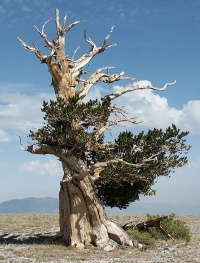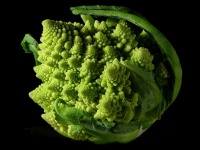Kingdom (biology)
From The Art and Popular Culture Encyclopedia

|
Related e |
|
Featured: |
In biology, kingdom (Latin: regnum, pl. regna) is a taxonomic rank, which is either the highest rank or in the more recent three-domain system, the rank below domain. Kingdoms are divided into smaller groups called phyla (in zoology) or divisions in botany. The complete sequence of ranks is life, domain, kingdom, phylum, class, order, family, genus, and species.
Currently, textbooks from the United States use a system of six kingdoms (Animalia, Plantae, Fungi, Protista, Archaea, Bacteria) while British, Australian and Colombian textbooks may describe five kingdoms (Animalia, Plantae, Fungi, Protista, and Prokaryota or Monera).
Historically, the number of kingdoms in widely accepted classifications has grown from two to six. However, phylogenetic research from about 2000 onwards does not support any of the traditional systems.
See also


